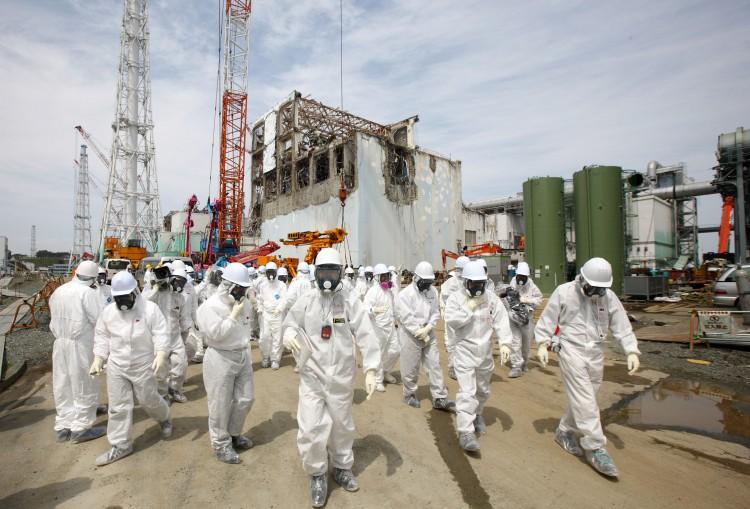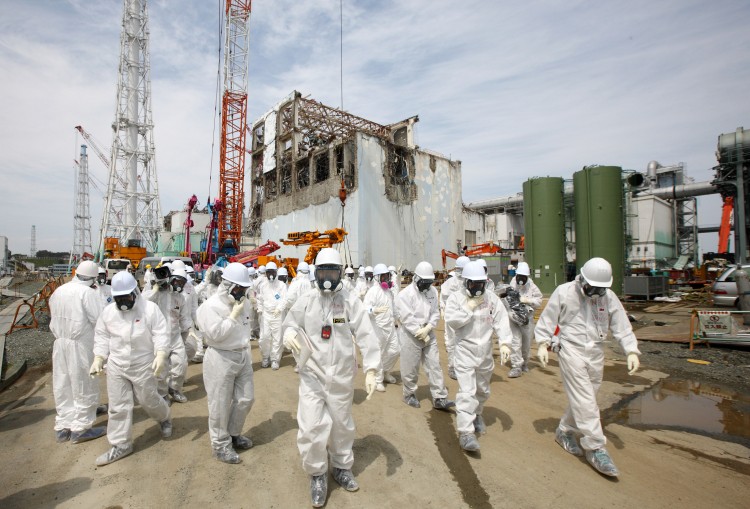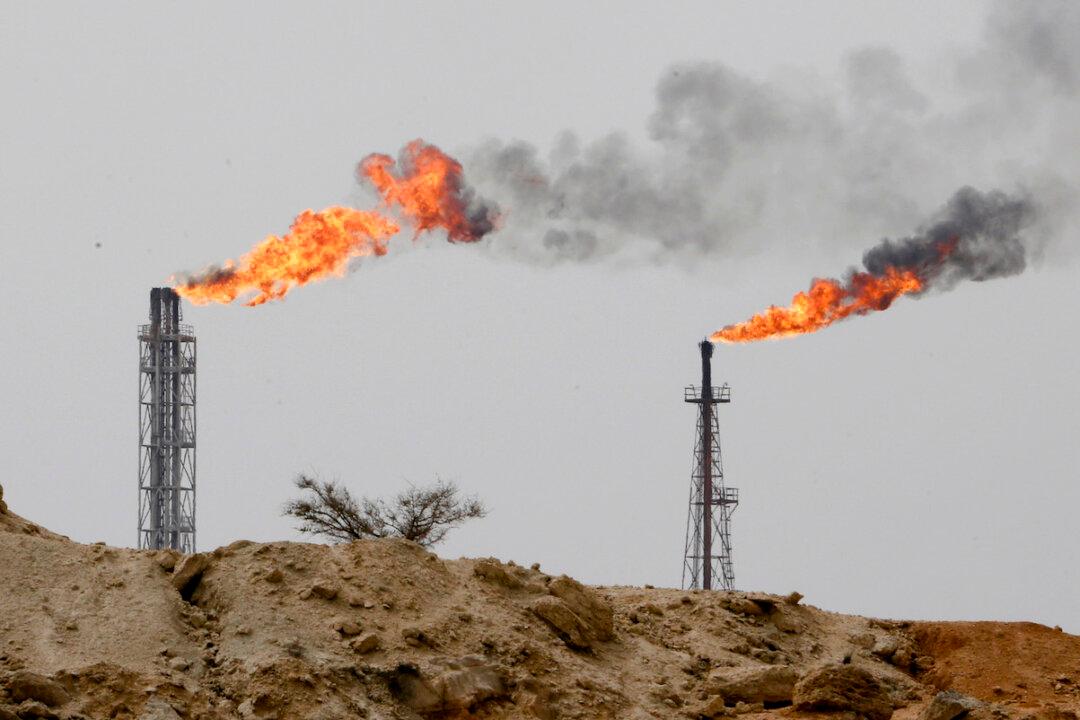TEPCO, the Japanese utility in charge of the Fukushima Daiichi power plant that melted down last year, admitted on Friday that the disaster could have been averted. So why did it fail to act accordingly? Fear.
The utility said it could have done more to prevent the earthquake and tsunami-triggered disaster that became the world’s most severe nuclear accident since the 1986 Chernobyl meltdown. TEPCO said it knew that it had to improve safety procedures at Fukushima before the 9.0-magnitude earthquake sent walls of water slamming into the facility on March 11, 2011.
The reasons TEPCO gives for not implementing certain safety procedures at the plant before the disaster include a list of fears of what would happen if they admitted such measures were needed.
The report mentions the potential negative political and legal ramifications if the utility had admitted there were problems at the Fukushima plant that needed correcting.
“There was concern that if new severe accident measures were implemented, it could spread concern in the siting community that there is a problem with the safety of current plants,” the utility said in a report.
The report also said there was “concern of litigation risks” if there was an admission that “severe accident measures were necessary.”
At the same time, “there was concern that by implementing severe accident measures, it would exacerbate siting community and public anxiety and add momentum to anti-nuclear movements,” the report said.
Since the Fukushima disaster, anti-nuclear protests in Japan have been intense and public opinion of nuclear power has sharply declined. Before the accident, Japan was one of the most nuclear-dependent states in the world.
The admission is an unprecedented move for TEPCO, one of the largest utilities in the world, because it had previously said that the disaster was unavoidable.
“When looking back on the accident, the problem was that preparations were not made in advance,” it said in a report, “so we need a ‘Reform Plan’ that will allow us to be sensitive in capturing opportunities for improvement and safety enhancement and lead to actual measures,” TEPCO said.
“Could necessary measures have been taken with previous tsunami evaluations?” TEPCO said in an open-ended question. “It was possible to take action.”
It said that in 2002, measures to prevent a “severe accident” were put in place, but not much was done in addition to that.
TEPCO admitted that it should have trained employees with better crisis management skills, instead of carrying out drills as a formality.
The disaster, which triggered three meltdowns at the plant, forced local authorities to evacuate tens of thousands of residents from around the site.
The Epoch Times publishes in 35 countries and in 19 languages. Subscribe to our e-newsletter.







